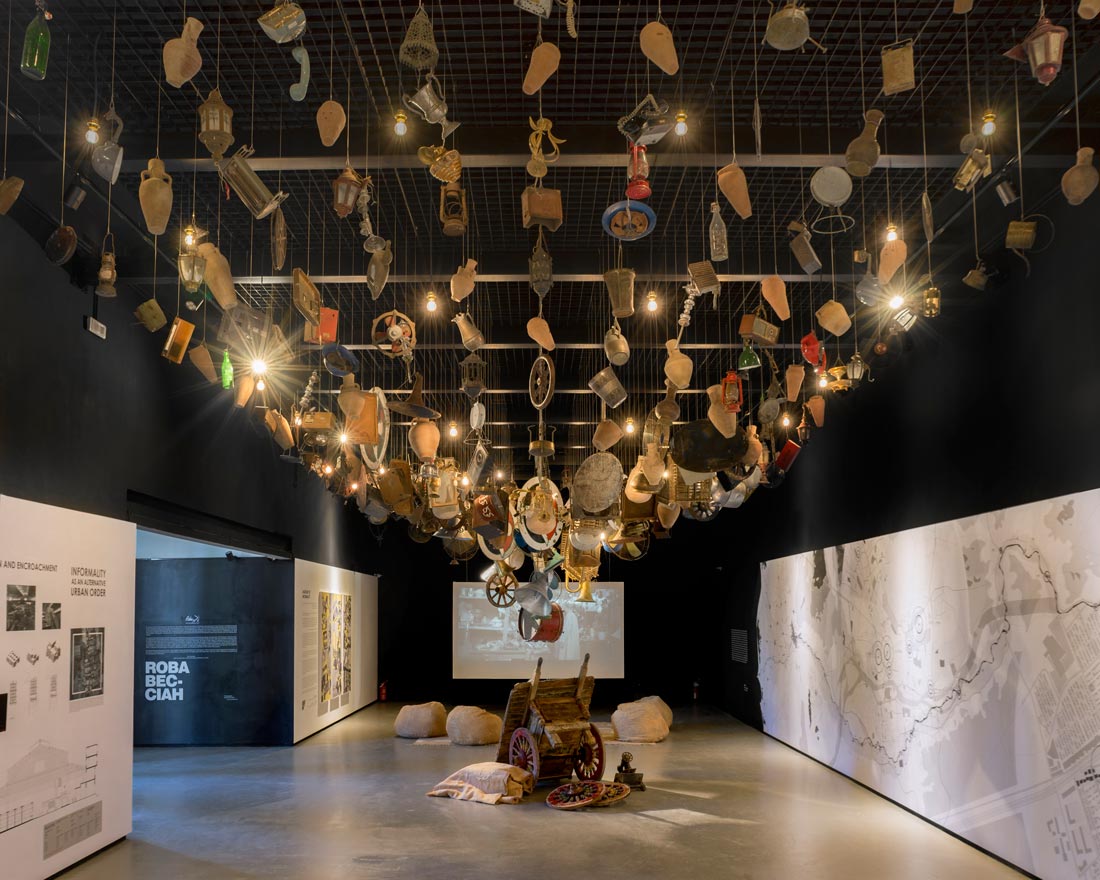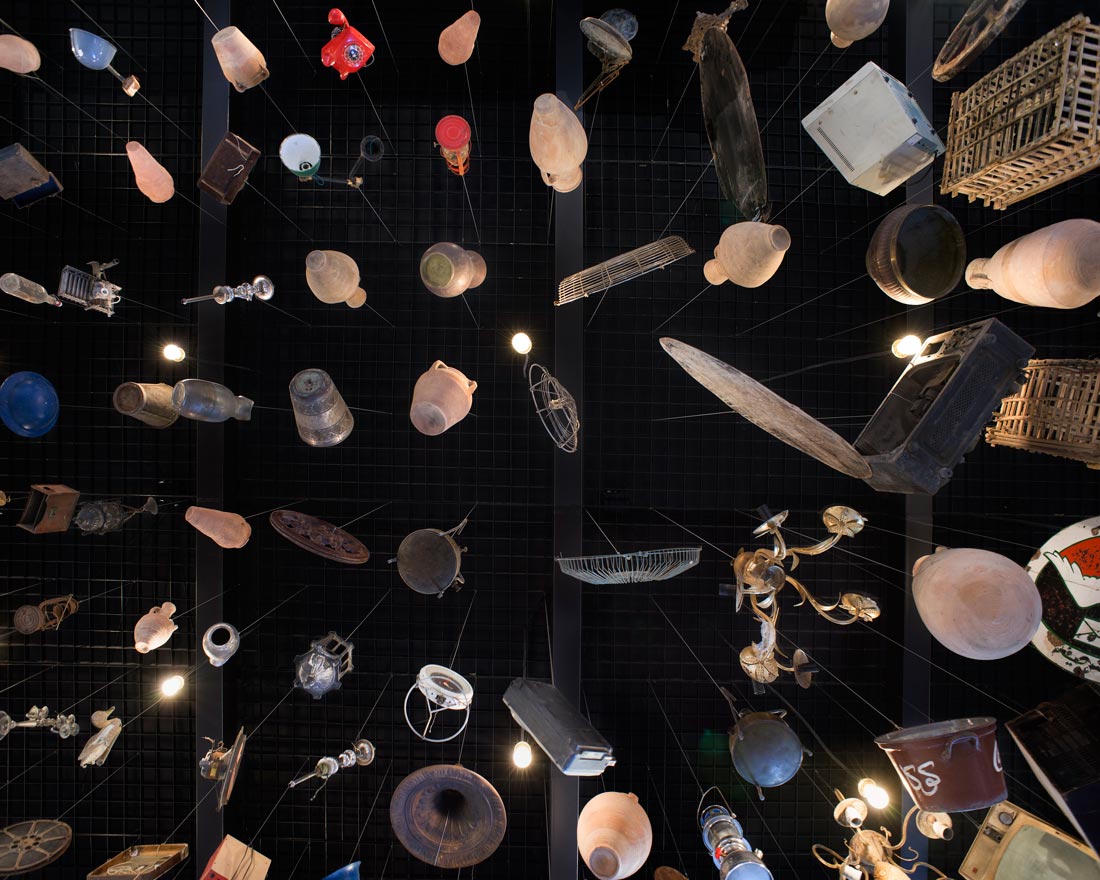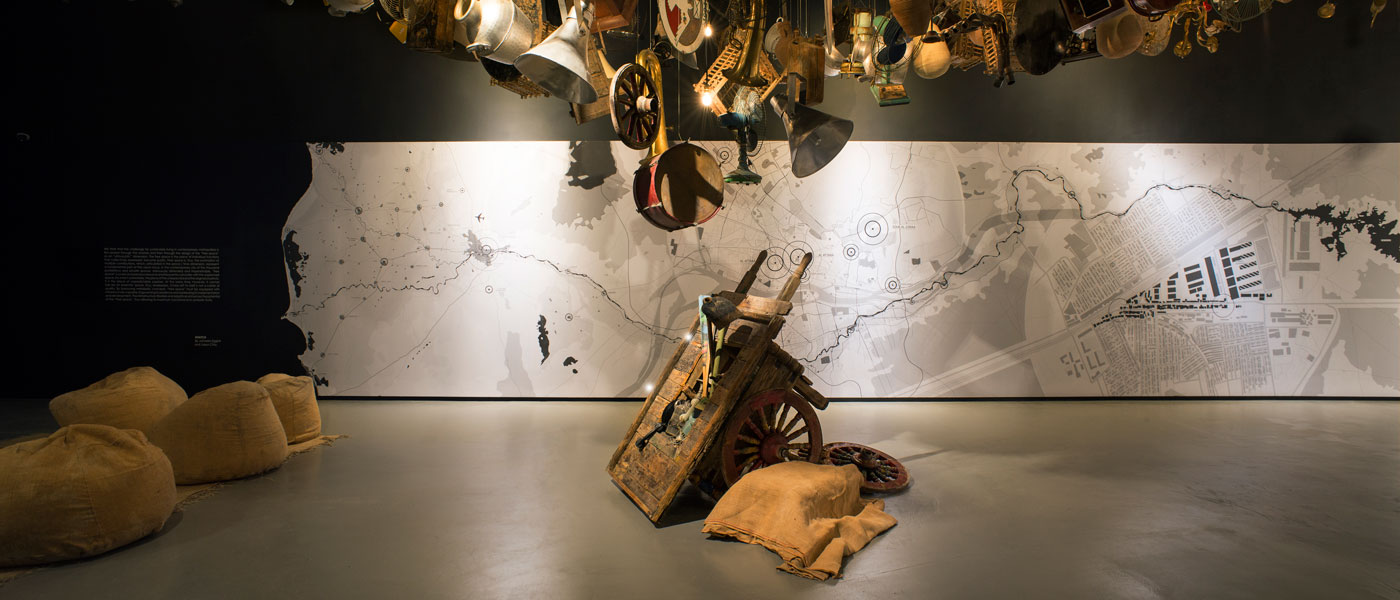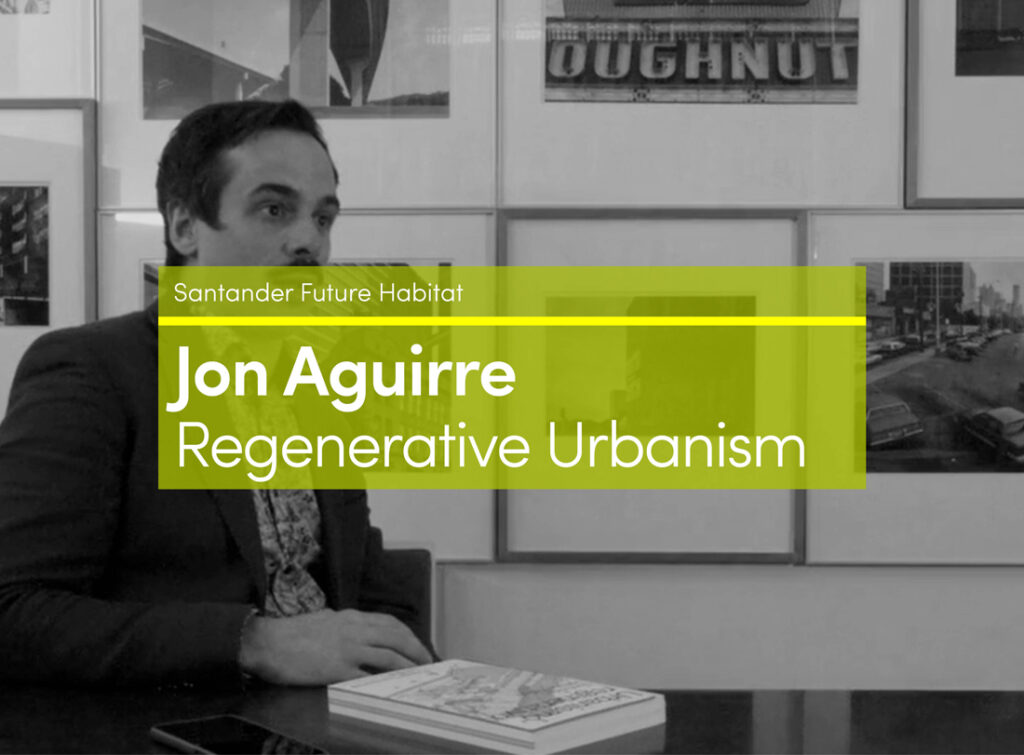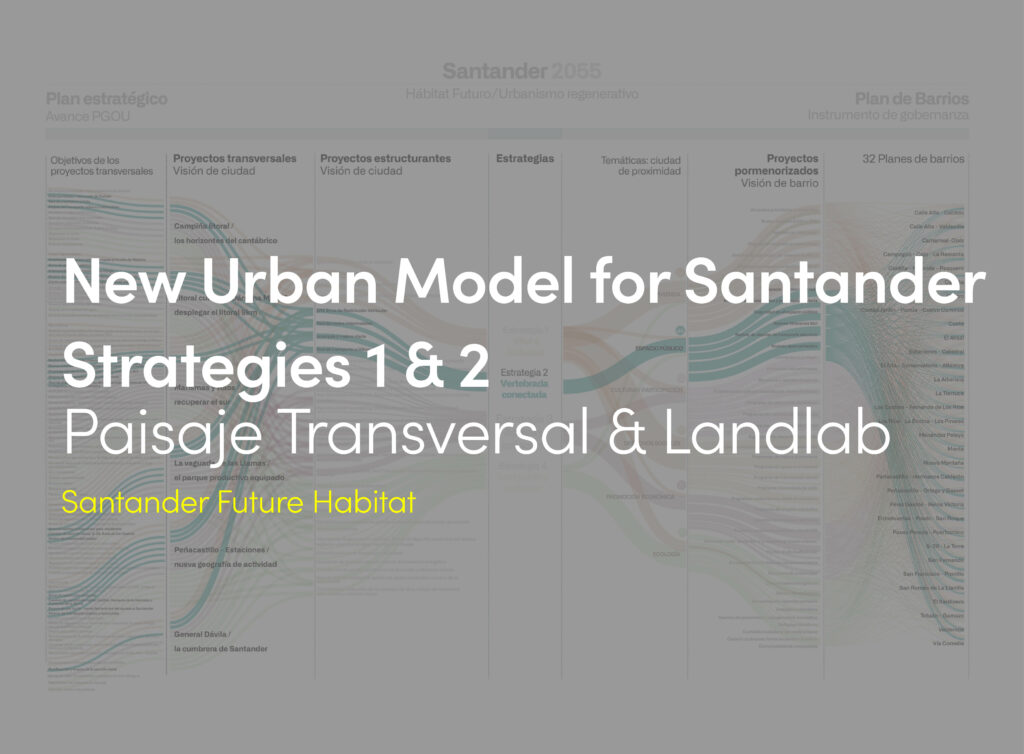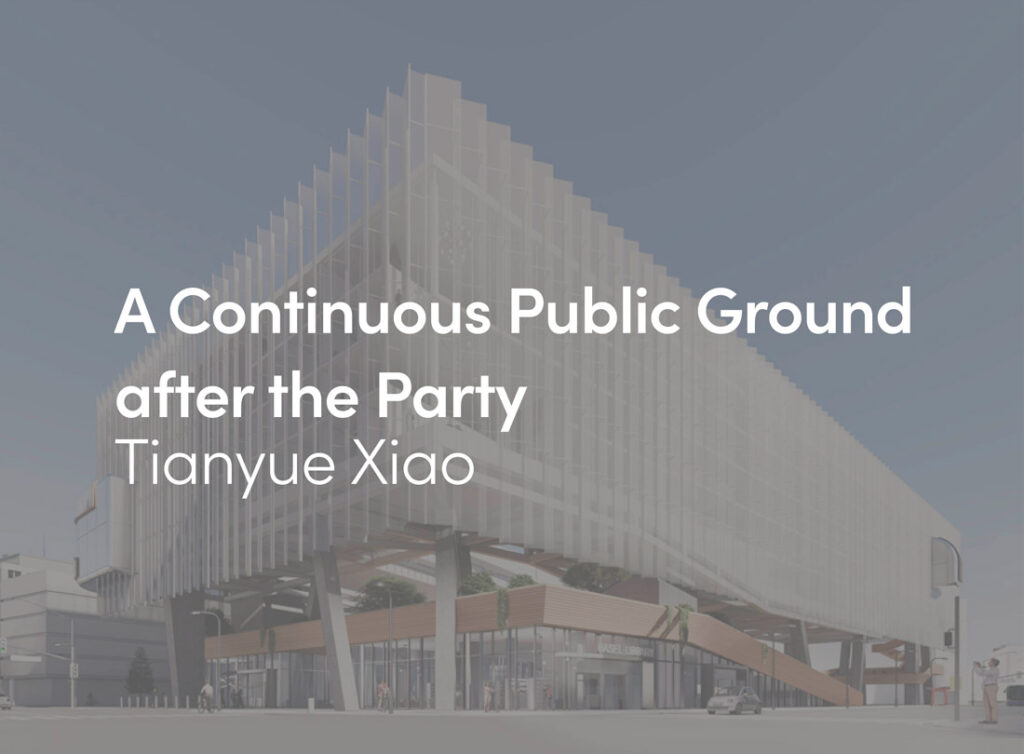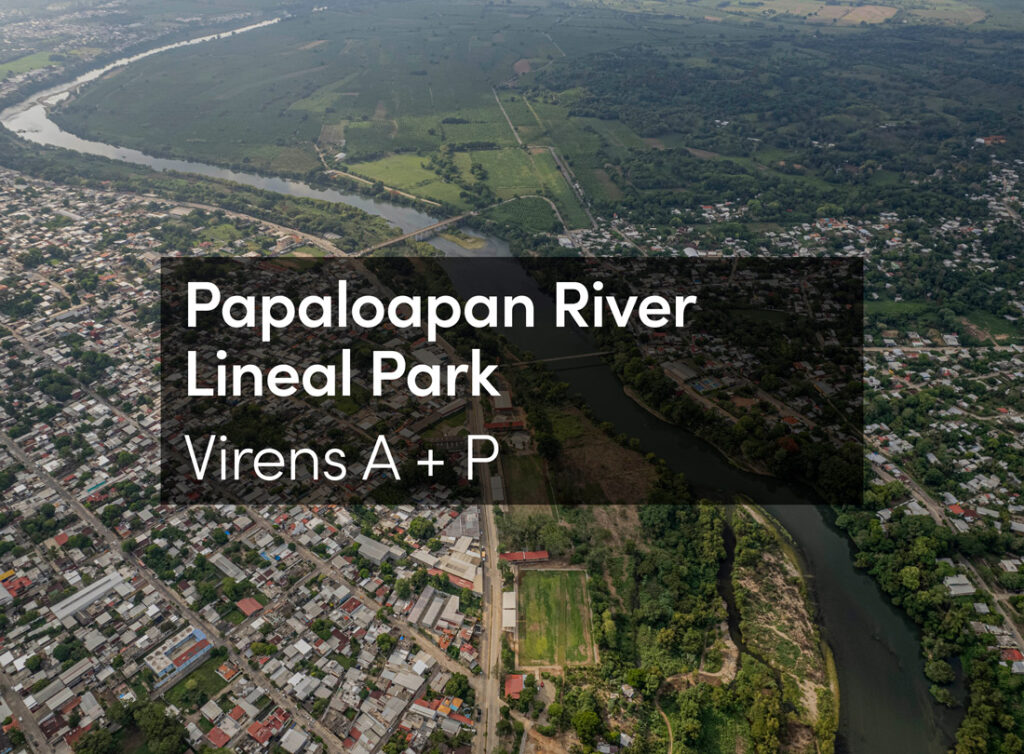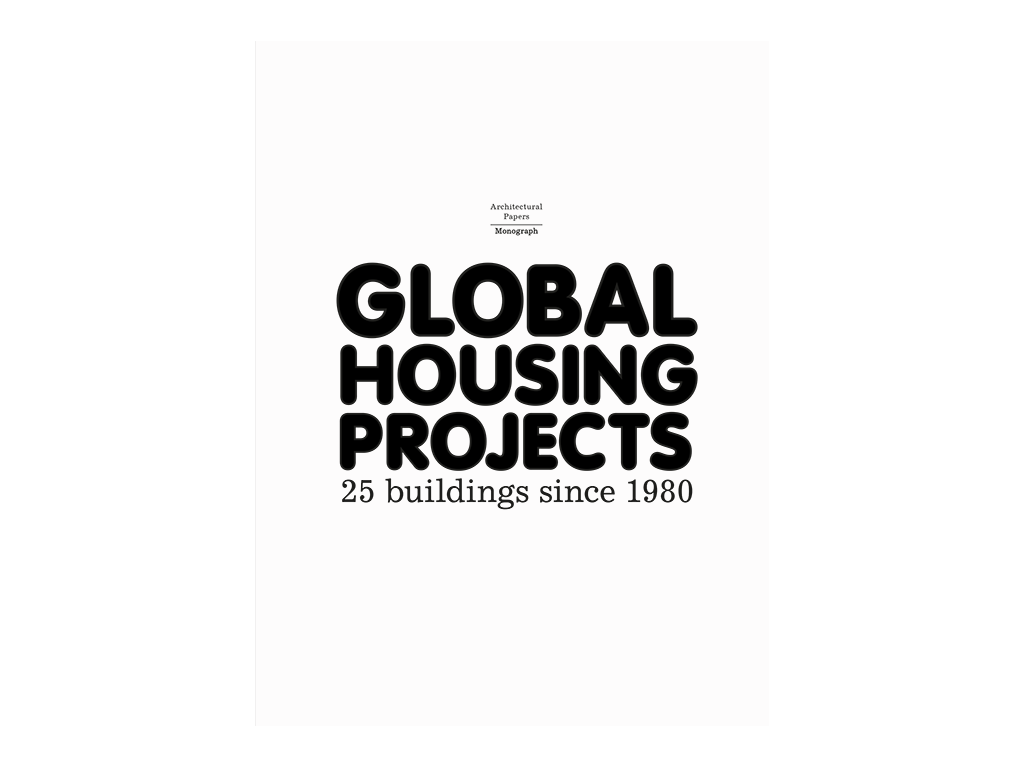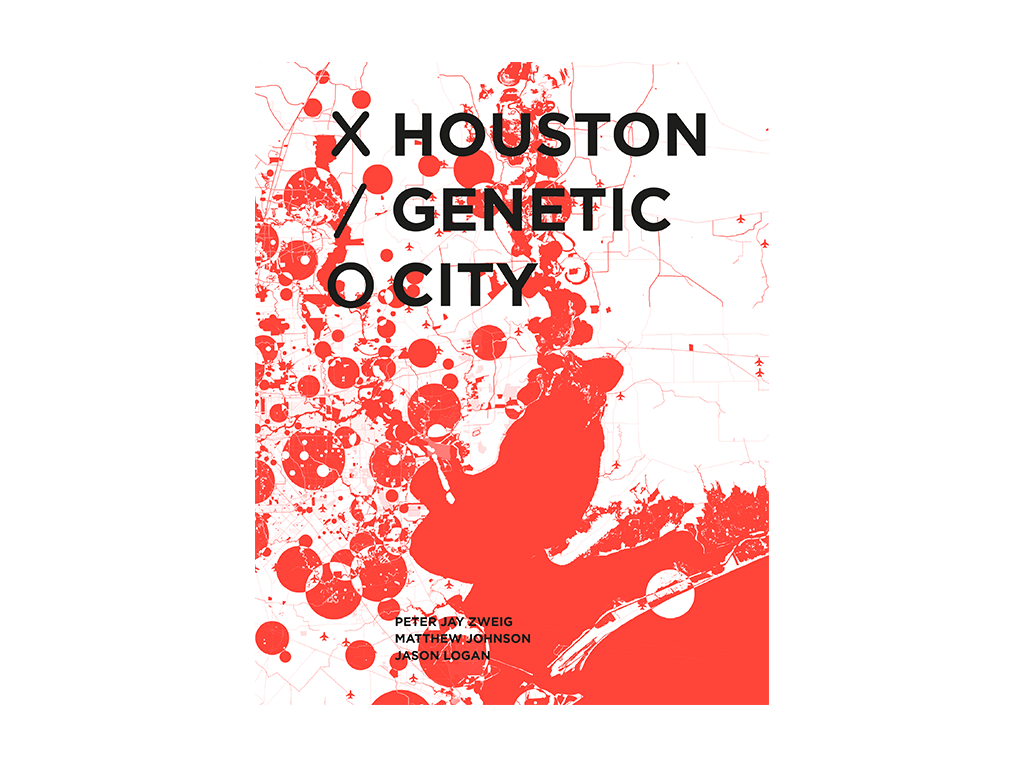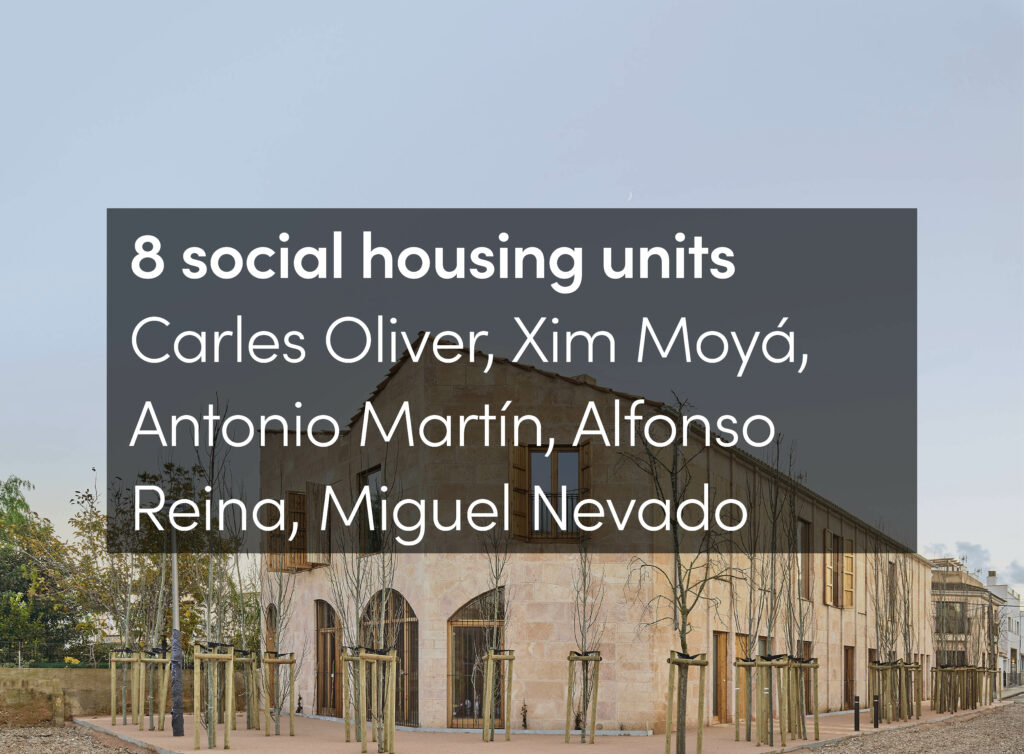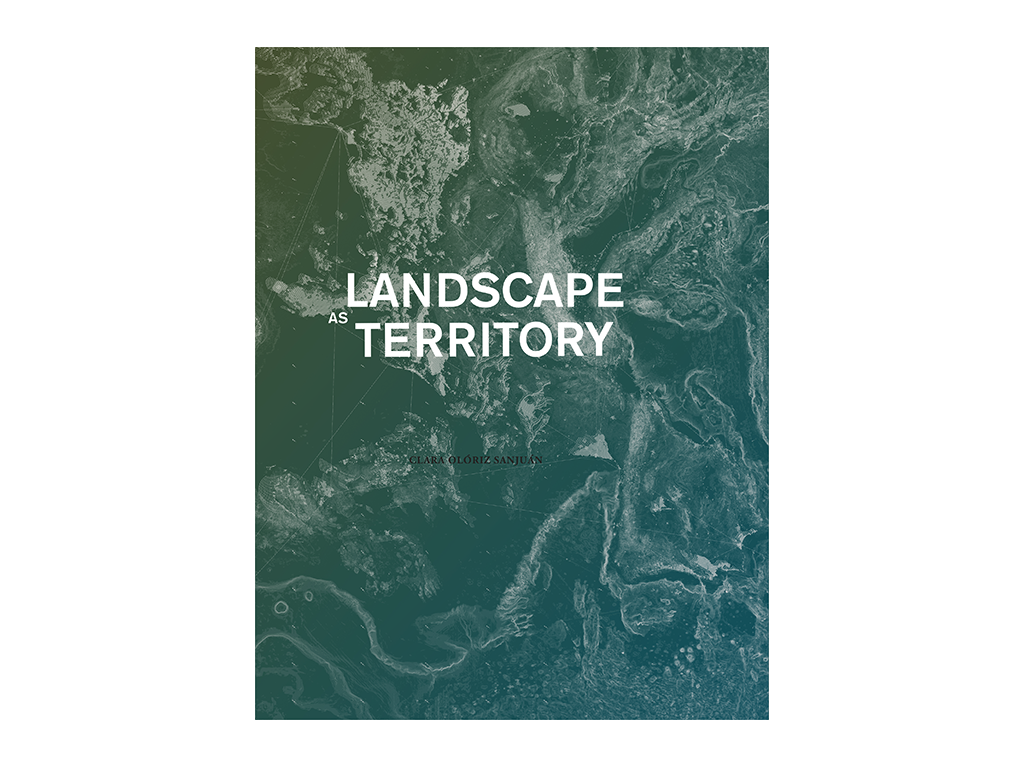Cities were founded because societies are better than the individuals that make them. A society needs places to operate, manifest, recognize, and reproduce. The city is the place of society, opportunity, exchange and, therefore, of knowledge. In these few lines, one could explain the reasons of the secular phenomenon of the massive urbanization that seems to have no limits or exhausts its scope. Through its expansion, over time, the city from limited conurbation has become a region, then a whole territory. Since long time, the historical clear separation between Urbs and Orbs, between the city and “the everything else”, has been outmoded.
Nowadays, through the globalization and the cancellation of physical distances due to the digitization of the world, the city begins to become “urban-world”. This accumulation process of volumes, functions, and lives has never been completely issueless; undeniably, it has been very unfair and painful. Since the age of industrialization in the XIX century and consequent rapid urbanization, great visions, planning strategies and strict zoning have slowly but inexorably demonstrated their implementation limits. In the post-modern era, the city seems to be more and more a metabolic organism.
In their process of continuous expansion and transformation, cities are incapable of pursuing sustainable development in favor of mere speculative applications. The same members of the society that created the city seem to be no longer participating in its urban destinies but only to take part as spectators. On one hand, the spectacular and glamorous expansion of some Asian metropolises is governed predominantly by neo-liberal logics and increasingly exclusivity. On the other hand, in many North African and South American metropolises, a huge inclusive process of populating suburban areas is taking place in forms of contemporary mega-slums. This is the spatial explication of the planetary conflict occurring in metropolitan territories for, paraphrasing David Harvey, the “right to urban space.” He writes: “The right to the city is far more than the individual liberty to access urban resources: it is a right to change ourselves by changing the city. It is, moreover, a common rather than an individual right since this transformation inevitably depends upon the exercise of a collective power to reshape the processes of urbanization. The freedom to make and remake our cities and ourselves is, I want to argue, one of the most precious yet most neglected of our human rights. [1]
Therefore, it is in the urban space that the society recognizes itself, meets / clashes, and creates opportunities for “progress” by portraying and inducing lifestyle models. In the global capitalist contemporary world, very often, the notion of public urban place collides with that of the space of commerce. In fact if David Seamon’s definition of place “Any environmental locus in and through which individual or group actions, experiences, intentions, and meanings are drawn together spatially” [2] could be understood as generally typological, observing more closely contemporary global urban places we cannot avoid to notice how they are extremely influenced in their spatial features by functional paradigms. In other words, the function is still (if not nowadays even more) the catalyst and promoter of the urban place even when it refers to more contemplative intangible properties such as the symbolical, iconical, or mnemonical dimension.
We think that the challenge for a sustainable liveability of contemporary metropolises is first played through the analysis and then through the design of the “free space” as an “ultra-public” dimension. The free space is the place of individual functions that expressed collectively become public. Free space is, thus, the summation of multiple contributions, which, expressed in the space / time dimension, represent a fundamental part of the urban locus. In the contemporary city of the thousand prohibitions and private spaces, strenuously defended and impenetrable, “free space” is a rare and precious resource and frequently coincides with the unplanned space. It is, in fact, potentially, the place of the unexpected and the original creativity. It is the place of unpredicted (good or bad) surprises. At the same time, however, it cannot be a fully anarchic space, thus, lawlessness or “with no governance”. Chaos left to itself is not a carrier of quality. By borrowing metabolic concepts, “free space” must be equipped with infrastructures capable of governing its existence and addressing its implementation and development. In this sense, the definition and design, of a “free space” would seem contradictory because it would frustrate the celebration of a space without constraints and directives but it is not so. The infrastructure (flexible, adaptive, and changing) frees and enhances the potentiality of the “free space”, thus allowing its maximum functional and symbolic fruity.
In the search for possible applications of this strategy, it is inevitable to avoid looking at spaces that are heavily used, but usually lacking of qualitative solutions, these are the spaces of commerce. They are defining spatial/functional realities often predominant in the contemporary urban geography and they could be ideal experimental sites. They are affecting communities far more than others are. These spaces are the most lived and experienced since they go beyond the mere need of commerce to pursue and satisfy the natural need for sociality. Furthermore, they are of a different typological nature depending on the demands of different social classes. Institutional, controlled, delimited territories, often lacking of an identity or suffering of “placelessness” [3] contrast to spontaneous and unregulated ones. The latter are, especially in cities that have seen recent demographic explosions, in much larger quantity than the first ones. The whole “world” is on sale in fixed or temporary markets on the edge of the city’s most important nodes. They live in symbiosis with roads and transport infrastructures, exploiting massive daily commuting of potential users or customers placing themselves in abandoned, unresolved, or unfinished spaces.
Indeed, infrastructures always foster “habitats” between themselves and the urban fabric. Their being artificial (bridges, railways, viaducts) or natural (rivers) is irrelevant. The city always produces a kind of “no-sense” zones when it meets such urban devices. Therefore, the “resulting areas” (defined as “under” or “between” the infrastructure and the city) become “places” of lack of institutional interest resulting in unplanned space quality. Instead, the social interest on these areas is very high. Thanks to their often barycentric location these areas are highly strategic thus very attractive. Throughout time, these spaces, frequently neglected, often became bearers of spontaneous social functions never really reaching minimum standards of livability. Furthermore, the impact of certain factors such as density, viability (or non-viability), maintenance, and pollution on the use of these portions of the city is very negative and greatly contributes to the contemporary perception of the metropolis as a hostile place far from the necessities of man’s measure.
Our idea for the Egyptian pavilion on “free space” proposes the theme of redevelopment and strategies of requalification of spontaneous commercial spaces across the entire country. In many urban and suburban areas, the phenomenon of “free”, unstructured, often abusive and illegal trading reaches such high levels that it is the predominant element for driving the use of public space. The traditional souk confined to the narrow streets and interstitial spaces of the historical fabric has conquered new territories. The space of commerce extends its tentacles seamlessly along the lines of urban streams without any apparent rule. In addition, this phenomenon is not temporary. It is not sporadically limited to daylight hours or few days a week. The commercial space is permanent between buildings and roads, invading free lots, girders, underpasses, etc. In some cases, few spaces intended for public use and leisure must be fenced off and paradoxically closed, in order to not be invaded by the ever-expanding commercial activities. In other cases there are real “city-markets” with specific “administrations” and self-governing tools extending to the point of forming semi-autonomous districts within the metropolitan territory.
Our research focused not only on some strategic spatial spheres but also on the content that specifically activates them. The trading of “roba bicchia” is a large portion of all market activities. Disused items produced and dismissed by consumerist societies are first collected, and then stacked in areas of such dimensions to create mono-functional enclaves for future trading purposes. The selection process divides items in different categories: antiques, used items that can be re-used, and those that have now reached the end of their functional life. The space that houses the trade of these objects is perhaps the true, ante-litteram, junkspace. The “roba bicchia” represents for us an important metaphor of the anthropological-urban condition of the contemporary world. It is an ancient form of recycling. It involves, in different ways, all the layers of the society. It is not only interesting because of its social role; indeed, it is capable of gaining geographic value by determining the spatial fruition of substantial areas of urban territory. In addition, it influences travelling through to the city and the development of residential areas, it conquers and reintroduces functions in abandoned areas, and it builds economies on the waste of the society.
Thinking of designing the space of the “urban market” means rethinking the role of “free space” within the dense morphological and social fabric of the city. It is a proposal that aims at the upgrading and “governance” of large urban areas allowing a “free use” that contributes to a better living of contemporary metropolises.
